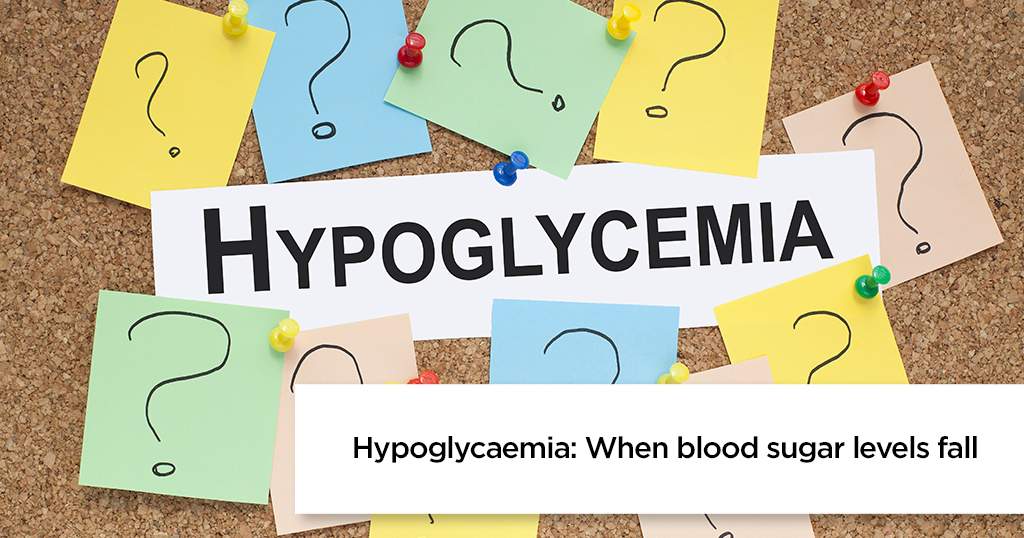Overview
Characterised by abnormally low blood sugar levels in the body, hypoglycaemia is usually associated with diabetes. If you have diabetes, keep some candy in handy to treat hypoglycemia.
What is hypoglycaemia?
Hypoglycaemia refers to a condition where there is an abnormally low level of blood sugar, the body’s main energy source. It is not a disease in itself, but an indicator of a health problem.
The main source of glucose for the body are carbohydrates. After having a meal, glucose is absorbed into our bloodstream and carried to the cells of the body. Insulin, produced by the pancreas then helps the cells use glucose for energy.
If at a time, one takes in more than the required amount of glucose, the excess is stored in the form of glycogen. When the blood glucose levels drop, a hormone called glucagon, again produced by the pancreas, signals the liver to break down glycogen and release glucose.
Hypoglycaemia is quite common in diabetes — as it might impair the glucagon response in the individual’s body. However, in some cases, hormones like adrenaline might help regulate blood sugar levels. But in the case of a diabetic patient being treated with external insulin, there are chances of it triggering excess insulin production in the body, making it hard for blood glucose levels to return to normal.
Hypoglycaemia in people without diabetes is much less common. But sometimes, other medications, tumours, critical illnesses, endocrine deficiencies can also cause hypoglycaemia.
Symptoms of Hypoglycaemia
The brain needs a steady supply of glucose; when glucose levels drop it can affect brain function. Some symptoms are:
- Numbness in the mouth
- A fluttering feeling in the chest
- Confusion
- Visual disturbances
- Seizures, rarely
- Difficulty in speaking
- Anxiety
- Dizziness and sometimes even loss of consciousness
- Light headaches
- Nervousness
- Heart palpitations
- Hunger
- Sweating
Please note, these symptoms can also occur in the case of other illnesses. Getting your blood sugar levels examined at the time of these symptoms is the only way to know if you have hypoglycaemia for sure.
When should you see a doctor?
If you have symptoms of what appears to be hypoglycaemia, get yourself checked. Hypoglycaemia can be an indication of numerous illnesses, many of which can be severe. Seeing your doctor can help in identifying the underlying illness and getting it treated.
How not to be caught unaware by hypoglycaemia, if you are on diabetes medication
- Find out what can trigger low blood sugar levels.
- Keep your blood glucose meter handy.
- Keep a few sugar cubes or other quick-fix foods and drinks in handy.
- Keep your family, friends and co-workers informed about the symptoms of hypoglycaemia and how they can help if needed.
- Immediate treatment involves stabilising your blood glucose levels.
- Also exercise caution when taking over-the-counter drugs for colds, cough, etc.


















